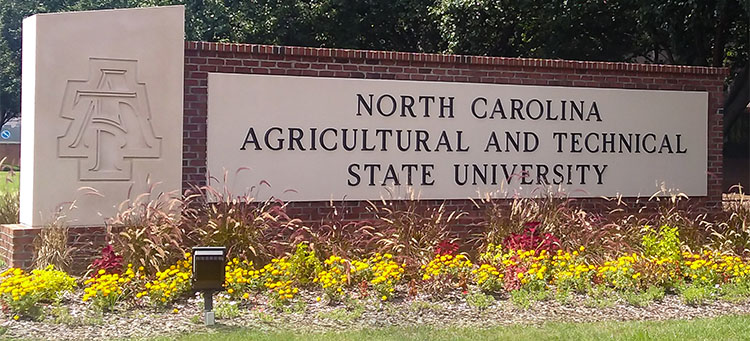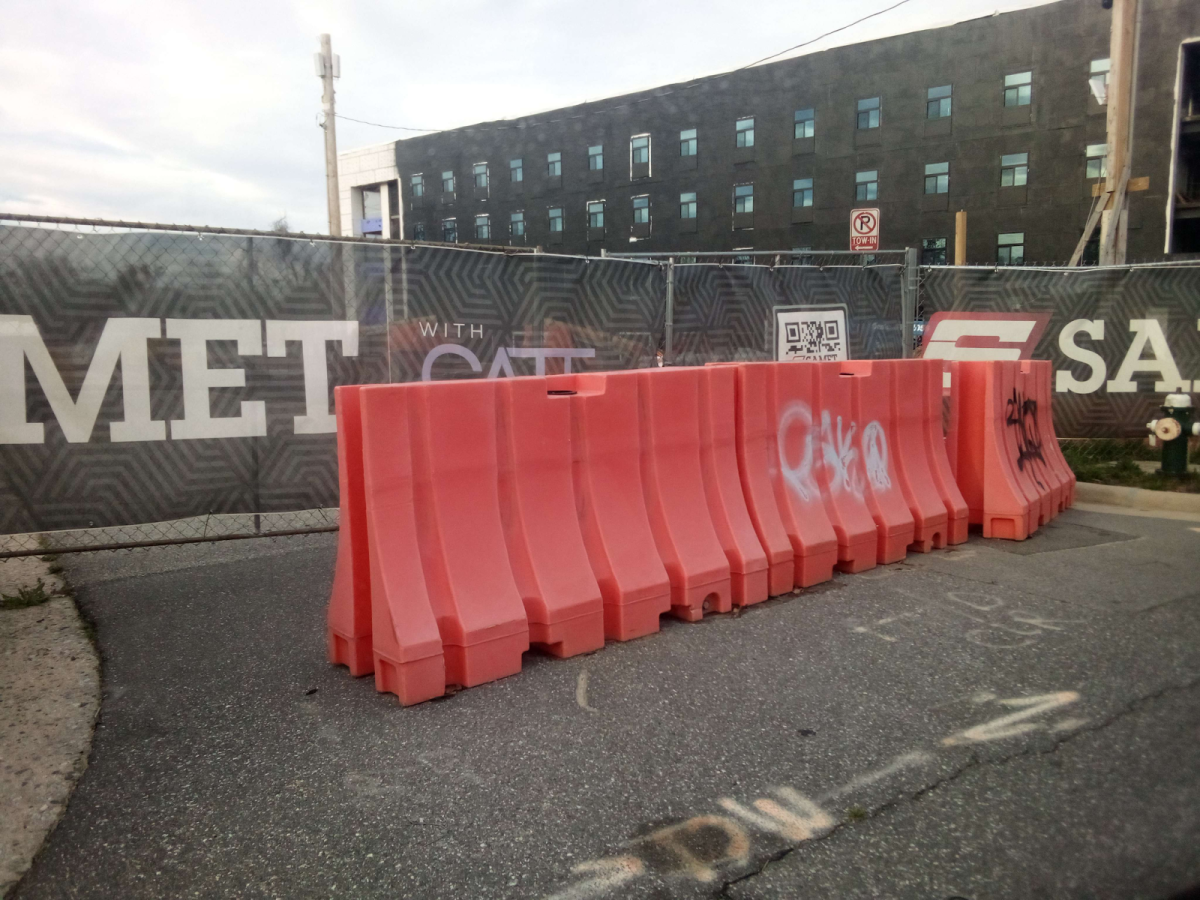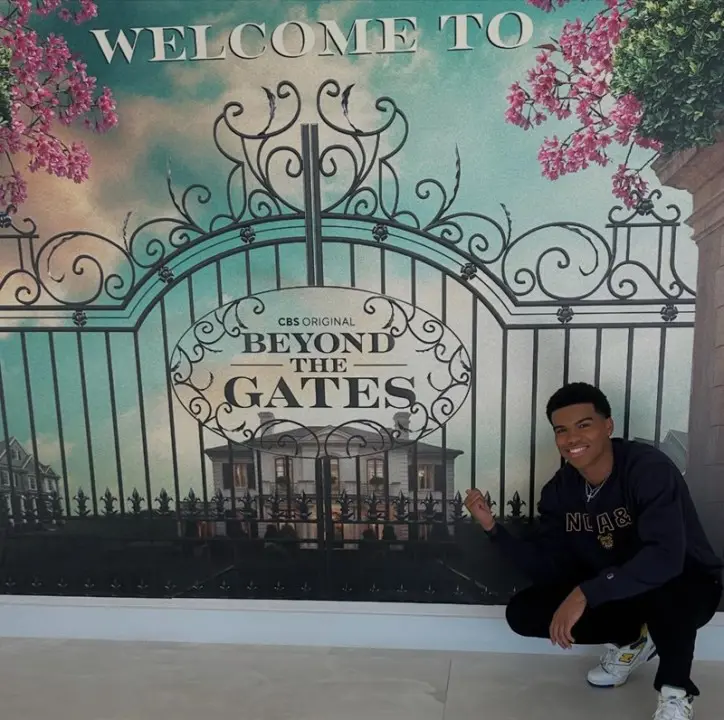The Good Trouble town hall presented a virtual discussion on the racial trauma, discrimination and oppression that affect our communities and education systems. Local education leaders gathered together via Zoom to address the systematic oppression seen in education programs.
The town hall has been promoted as a partnership between the College of Education at North Carolina A&T State University and the College of Arts, Sciences, Business and Education at Winston-Salem State University. The event created a safe space for teachers, faculty and the community to promote ‘good trouble’ advocacy in local learning environments.
Paula Groves Price, N.C. A&T College of Education Dean, says that when it comes to advocacy, she believes education advocacy work is ‘good trouble’ because it creates opportunities for minority education leaders to properly represent diverse communities— whether it be for K-12 or adult education.
“When we are really engaged in advocacy work, and engaged in ‘good trouble,’ it really means we are putting the people first,” Price said. “It is always about people and community— and in our case when we’re talking of K-12 education, it’s about putting children and their families first.”
In regards to inequity and racism in local education systems, she hopes future discussions on racial inequity in education can create pathways for those who want to see a change in how our communities of color are represented in leadership positions.
“I would agree wholeheartedly that it’s about creating pathways for many of these voices to be heard,” Price said. “Because oftentimes when you’re in positions like ours, it means that you’re going to make people uncomfortable—because they aren’t used to hearing those voices, and they aren’t used to having someone at the table address the lack of representation.”
She continues, “I think that [responsibility] is a critical component of [education] advocacy work— and it is particularly ‘good trouble’.”
The event was moderated by panelist James Ford, executive director of the Center for Racial Equity in Education (CREED) and an NC Board of Education member. As a board member, he represents the Southwest education region for the State Board of Education.
The panelists were leaders from various sectors of education, including Price, Sharon Contreras, Anthony Graham and LaTanya Pattillos. The speakers offered their expertise and engaged in a critical conversation about strategies and policies that could dismantle systematic oppression in education systems.
“We need to be prepared to address this systemic racism at every point,” Pattillos, DRIVE Task Force co-chair and teacher advisor to Gov. Roy Cooper said. “We know systemically, [racism] is deeply embedded [in our society]. But how do we [properly] address this issue?”
Contreras, Superintendent of Guilford County Schools, says that the inequities people of color face daily— whether it be in education or any public sector, are deeply rooted in racist structures and systems and that the community must work together to confront these issues head-on.
“I think what is important is that people of color face inequities not just in education, but in unemployment, healthcare, housing— even philanthropy,” Contreras said. “ So in order to create a fair and just society, we cannot simply confront agencies. The problems aren’t the agencies— the problems are the [racist] structures and systems.”
She continues, “If we want to make sure that our students and our young people aren’t overwhelmingly impacted by pervasive inequities in education, [the community] must address the structures and systems in place. We have to work with local advocates and confront all of the ways that systemic racism affects our society—even in our schools.”
Graham, WSSU Provost and DRIVE Task Force chair, agreed that the system structures need to be confronted—and suggested that diverse education leaders advocate for a new system that will dismantle the structural racism seen in established education systems.
Graham also hopes education systems can work towards creating better strategies that will utilize education preparation programs and develop well-rounded educators to help respond to these social issues. He says that education preparation programs, especially ones at HBCUs, should make sure they are producing individuals that can write and interpret policies, so we can relate these policies in how it affects communities of color.
“As you get more involved at the federal and state level and begin to work with more policymakers, you realize that a lot of the people writing the policies look nothing like the people who the policy will impact,” Graham said. “There is no one asking the question, “What impact are these policies having on the people—and what changes do we make to [said] policy.”
The panelists hoped viewers learned a valuable message from the discussion— that the community should come together to work towards dismantling the systematic oppression that people of color face daily in the education sectors, programs and systems.
“We have a lot of work to do— in regards to [white education leaders] understanding that [people of color] who may not come from the same background as [them] are worthy and valuable,” Pattillos said.
By having better representation and advocacy of diverse communities in systems of equity, access and opportunity, it can change how systematic racism affects diverse communities and provide a better pathway for future education leaders of color.







